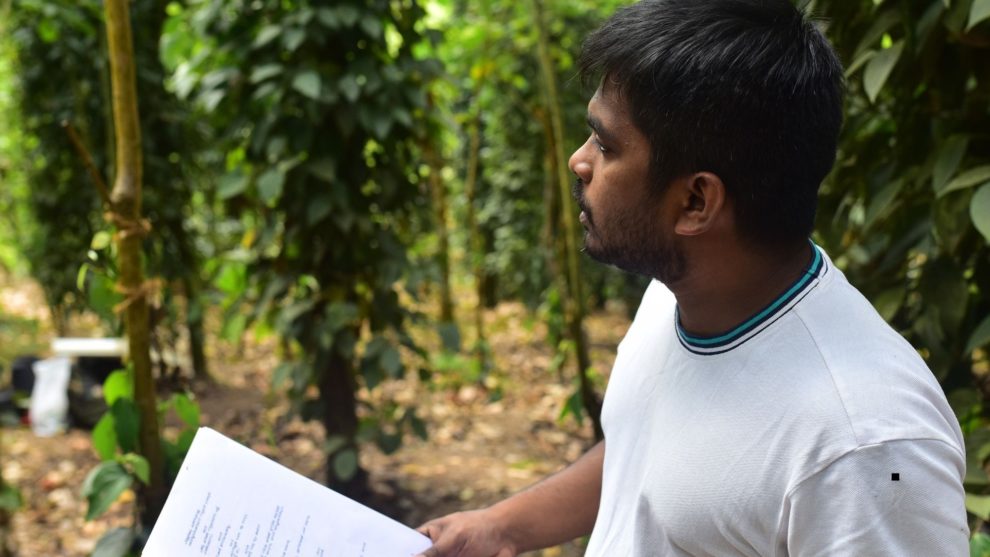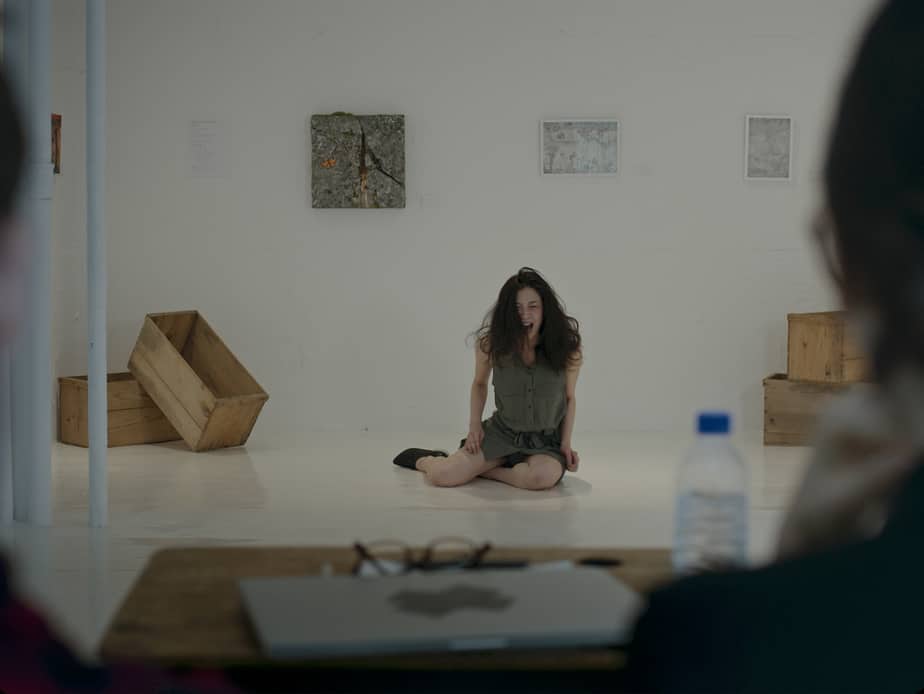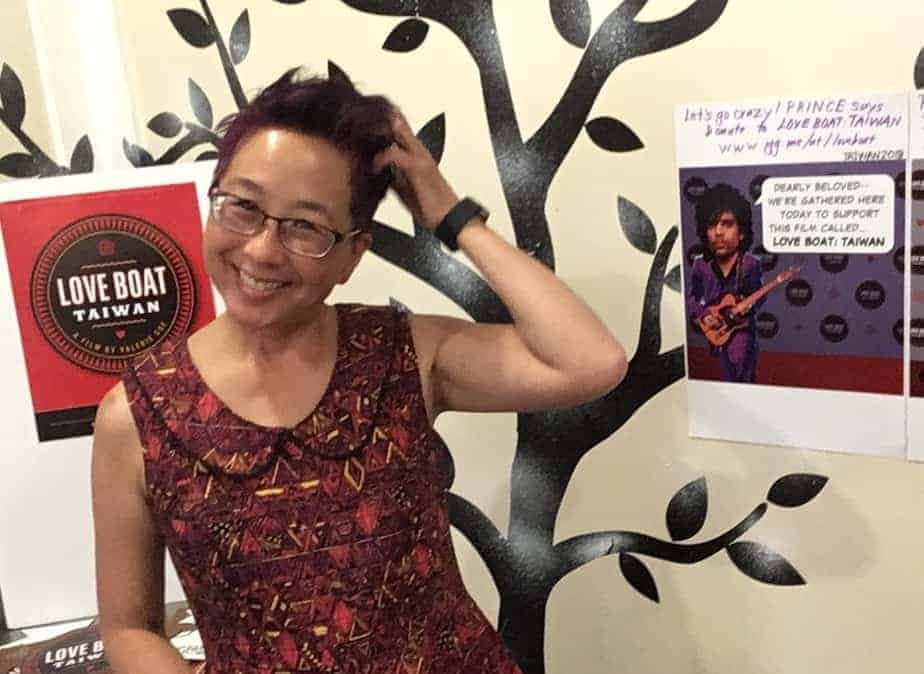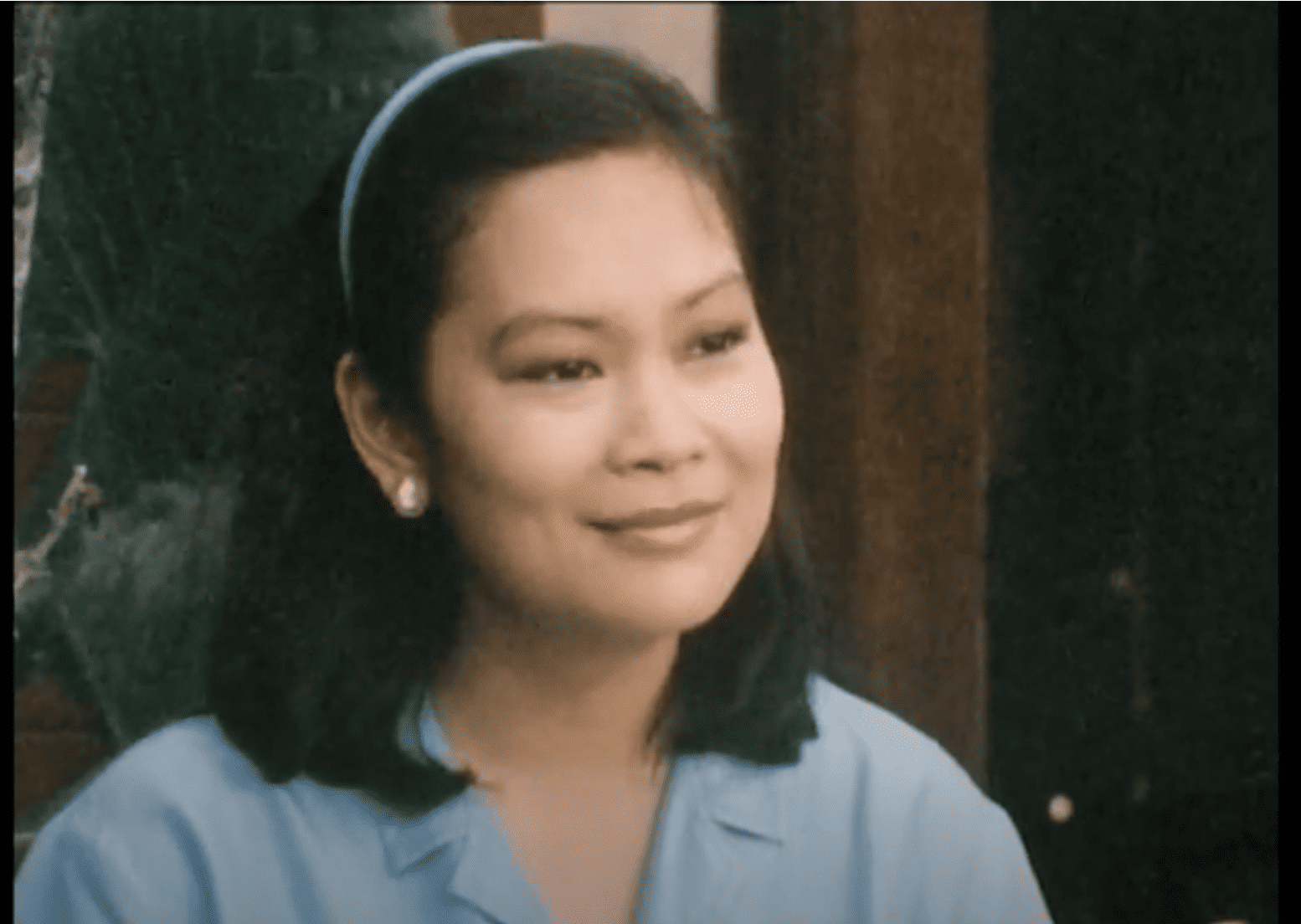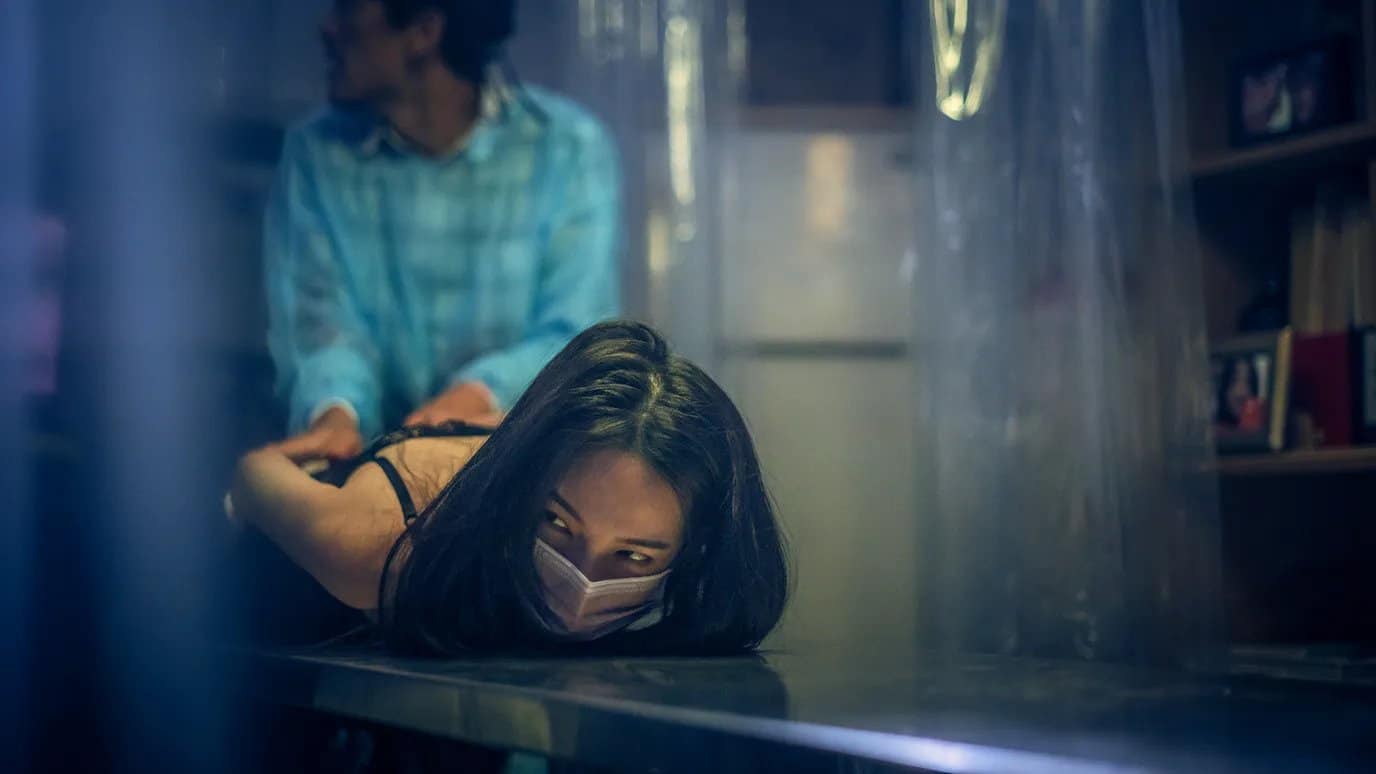Don Palathara (1986, India) grew up in the state of Kerala, before moving to Sydney. Here, he received a diploma from the Academy of Film, Theatre and Television. After directing several shorts, he made his feature film debut “Shavam” in 2015. His next film “Vith” (2017) was financed through crowdfunding “Joyful Misery” was nominated for a Golden St. George at the 2021 Moscow International Film Festival. “Everything Is Cinema” is his fifth feature film, with its world premiere at IFFR.
We speak with him about shooting a film during lockdown, having a rather unlikeable protagonist and playing him himself, the difficulties the lockdown posed on couples and many pother topics
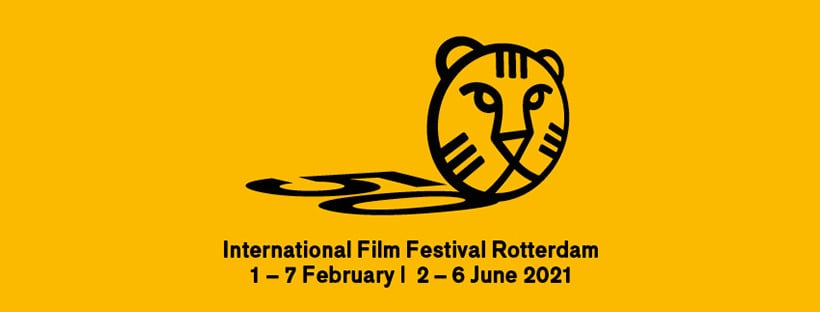
How did you feel about having to shoot a film during lockdown? Do you think you would ever shoot a film like that again?
We don't know the future, and no matter what happens, we have to keep on working, cinema has to go on. The film “Joyful Mystery” which premiered in Moscow, was also shot during the pandemic, but not at full lockdown, as with “Everything is Cinema”.
What were the most significant issues you faced in “Everything is Cinema”?
It was a completely different process than the one I implemented before, in my previous films. For example, “1956, Central Travancore” was completely pre-planned, actors had rehearsed, everything was prepared and sorted out. For this film, however, there was no preparation at all, the whole thing emerged during the process of filmmaking. At first, my plan was to edit all the Kolkata footage and make a documentary, but then I thought that I wanted to challenge myself and do something different. That is when I thought about a fictional film, one that would be about cinema itself. It was an ongoing and collaborative process; I discussed with Sherin (Catherine, the protagonist of the movie) on how we could be more creative and create something different, and that was how “Everything is Cinema” came to be.
Essentially, what was the impact of the lockdown in the film?
The lockdown was the reason we had to follow this path, because we could not plan anything at all. We were shooting one scene, and then I had to change the script; there was no chronological order of planning and shooting
What was the inspiration behind Chris? Do you identify with him?
I identify with all my characters, with Anita also. Regarding Chris, however, there is a darker side of human nature that I wanted to explore. I also wanted to show how being a good man is different than being a good filmmaker. There are many discussions all over the world about this topic, people expect from filmmakers to be ethical or politically correct, but they are just like people, they have their own issues. For me, film is not about showing the right path to someone, how life can be ideally, it is more about being honest with oneself and showing your own side of the story.
So, as Chris says in the film, can directors get sex whenever they want to?
(Laughter) That is the character speaking, you picked one phrase of what he said, but you are asking the wrong guy.
Chris emerges as a rather unlikeable individual through the story, essentially he is whining non-stop. Why did you choose to portray him like that and not make him more likeable?
He is a very frustrated man; being likeable is not one of his qualities. He is very miserable; he is going through a crisis. For me, cinema is not about shooting what you see, it is more about shooting with the mind. He is essentially reflecting his mental state, and it is not possible to like him when he is in that way.
As in the movie, the lockdown caused many issues among couples, particularly because many of them found themselves spending much more time together than they were used to. The issues that emerged, however, do you think that they were created by the lockdown, or they preexisted?
The lockdown definitely had an impact, I felt it as a filmmaker also. I wanted to portray this concept through a couple whose relationship is degrading. The film is about me thinking on people's relationships; for example, as you said about couples spending too much time with each other.
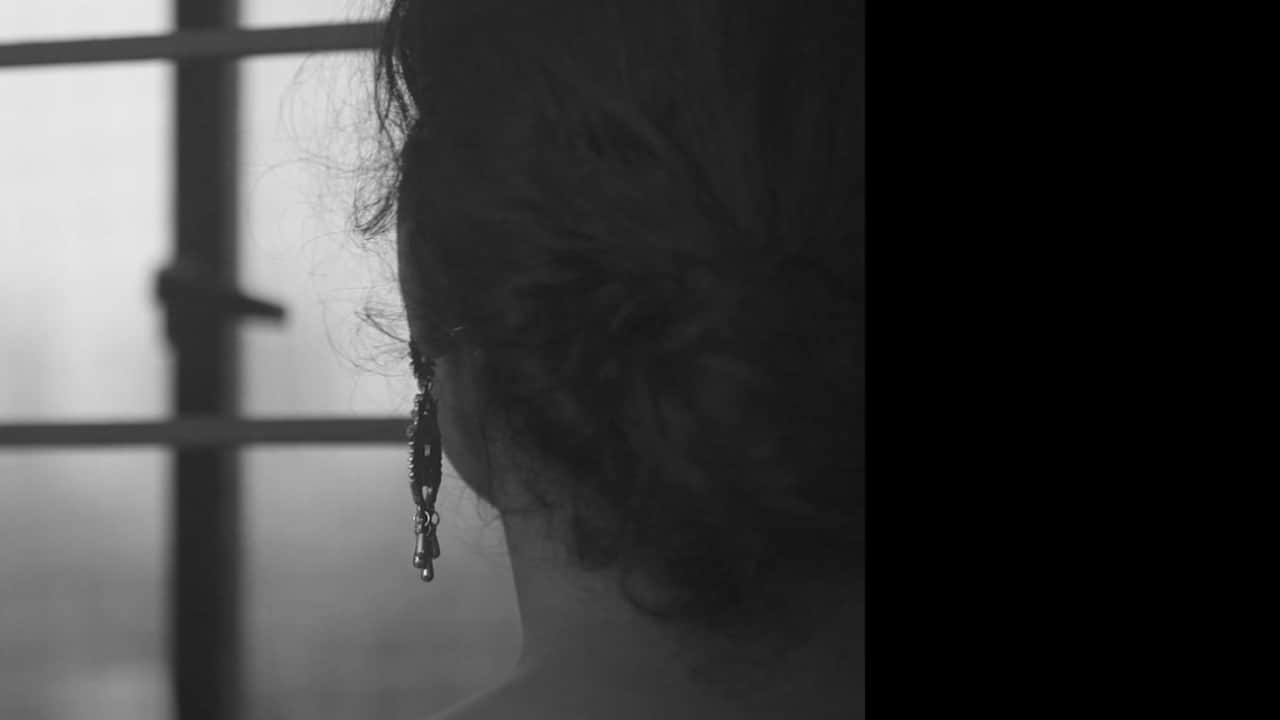
Why did you choose to have the sequences in the house in black and white and the ones of the city in color?
While shooting, I felt that I had to think like the characters. Chris wanted to shoot outdoors, but he was forced to stay indoors. So, he used a bleak black- and-white film for the interior shots and long and wider lenses for the exterior, in order for the image there to be more powerful.
Why did you decide not to show Chris at all during the film?
That was a challenge I imposed on myself. I am not an actor, I am not good at appearing in front of the camera, so I did not have any choice. I wanted to shoot this relationship drama but I only had one person available for the film, so the solution to this problem was shooting it in first-person perspective.

What is the status of women in the country right now? Would you say they are free?
In India right now, nobody is free. The government is turning out to be pretty nasty, and no one has individual freedom. But to answer your question, I feel that for women, it is even worse, both legally and morally
Since you mentioned the government, how do you think they handled the pandemic? Because, from what we see on the news, the situation is rather dire in India at the moment.
They have handled it really bad, and that is why it has spun completely out of control; so many people are dying.
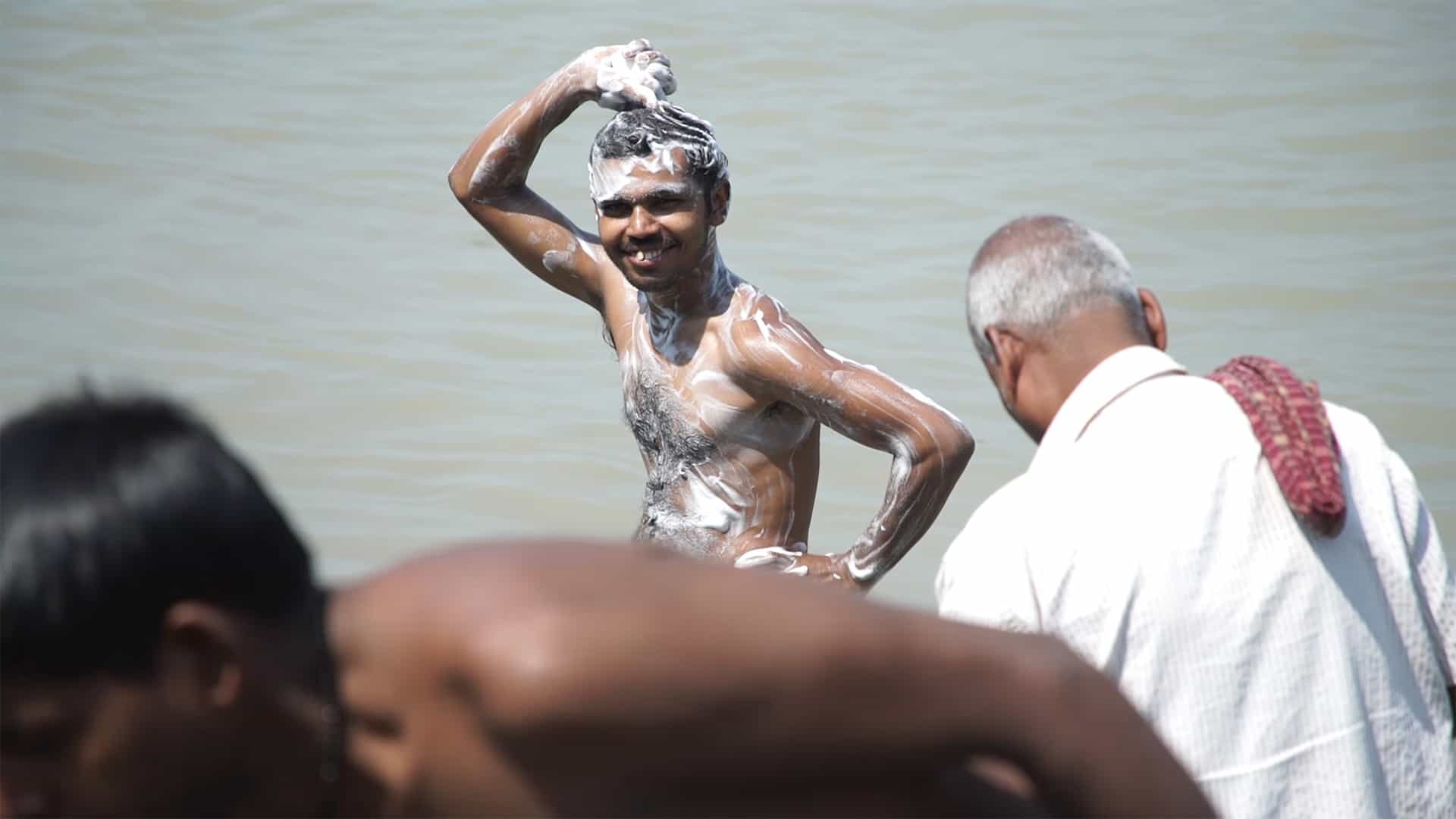
Regarding the Kolkata part of the movie, was it difficult to convince people to appear in front of the camera?
Actually, I shot the footage 4-5 years ago. My purpose was to shoot people all around the city. Sometimes, I shot without them knowing and sometimes with their permission. Some of them refused to be recorded and sometimes, they would even ask me to go away. Furthermore, I asked some local and some friends about shooting in specific areas and they told me, “don't even think of going there, you will get killed”. It is a city of so much multitude.
The song at the end of the movie, is that you singing?
No, it is Sharath Chandra Bose, a friend of mine. While I was filming, I asked him if he could sing the song and send it to me.
What is your opinion about Malayalam cinema at the moment?
I have mixed feelings. There are some interesting films coming out. I wouldn't call them great or completely out of the box, but changes are being made and I am happy that there are filmmakers who are not sticking to a one-dimensional style.
Are you working on anything new at the moment?
I am writing something new. It will not be completely experimental, but it will have my own style of filmmaking. It will be a character drama with multiple characters, where I explore what is happening inside these characters' minds.


